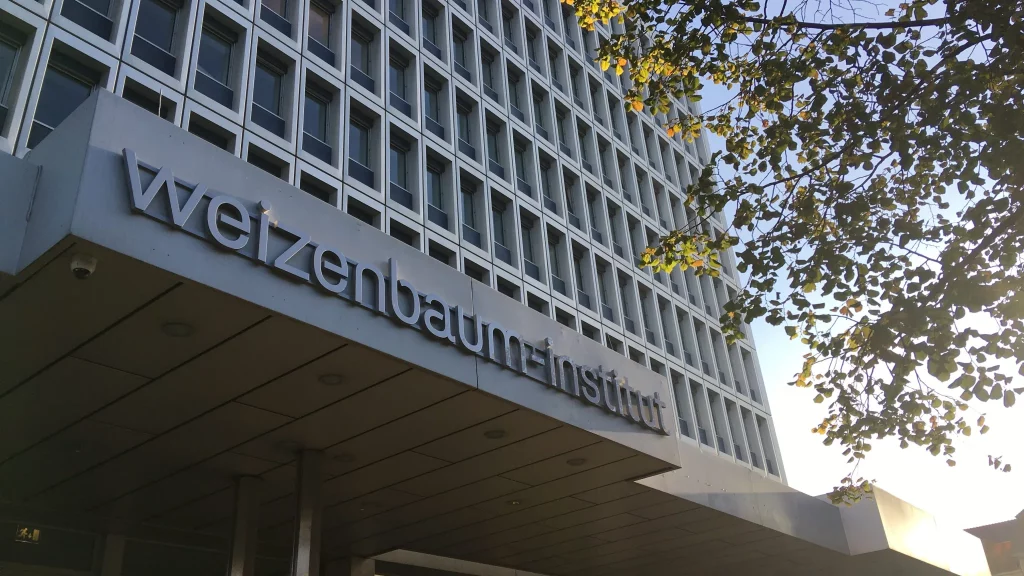
ECREA Political Communication Section Conference
31 August – 01 September 2023 in Berlin, Germany
Hosted by the Weizenbaum Institute for the Networked Society and the Freie Universität Berlin
Navigating the Noise: Effective Communication for Solving Political Problems
If I were given one hour to save the planet, I would spend 59 minutes defining the problem and one minute resolving it,” Albert Einstein supposedly said. With an increased relevance of communication science following the technological advances and their outcomes in the past decades, our field has spent a good share of time defining and thoroughly describing political and societal problems. Many of these problems – like media mistrust, the free flow of misinformation, or growing polarization in society – can be described as ‘wicked problems,’ defined as problems that are impossible to solve, because of incomplete, contradictory, and changing requirements that are often difficult to recognize (Rittel & Webber, 1973). Joseph Weizenbaum — a critical computer scientist who recently would have turned 100 years old — went as far as to claim that while computers can solve mathematical problems, they cannot contribute to ‘problem solving’ in the human realm — including the political and societal sphere. Here, problem solving, he argues, does not exist. Instead, looking for solutions means transforming problems into further (potentially smaller) problems (Weizenbaum, 1981). This begs the question of whether political communication research not only reveals problems, but also contributes to finding solutions or reducing the scope of these problems.
The Political Communication Section of the European Communication Research and Education Association (ECREA) is pleased to invite abstract submissions for its upcoming interim conference, focused on solution-based political communication research. Being hosted at the Weizenbaum Institute for the Networked Society in Berlin — one of the largest institutions for digitalization research in Germany – this conference examines what our research field can do for the societies we live in.
As our world becomes increasingly interconnected, the role of political communication in shaping public discourse and policy decisions has never been more vital. To only name a few prominent areas: The recent wave of studies focusing on misinformation has produced a great level of evidence on how to counter the spread of false pieces of information in digital spaces. Political communication research has been able to describe the patterns through which populist strategies have become successful means of communication in countries around the world. Research on news literacy and the ability to understand and navigate algorithmic platforms has unravelled deficits in most segments of societies. Platform governance studies have provided meaningful insights into how digital architectures need to be built to benefit, rather than detriment democratic societies. Political participation research has increasingly focused on the benefits of citizens’ engagement for social cohesion in society, without turning a blind eye on risks that emerge through increasing digital tribalism.
We are seeking proposals for presentations that explore the ways in which political communication can inform and facilitate the creation of effective, evidence-based solutions to the challenges our societies are facing. Submissions are not restricted to specific studies on solutions but we invite presenters to think about the impact of their research for societies within a solution-based political communication framework.
Possible topics for submission include, but are not limited to:
- Digital platforms, political campaigns and advocacy efforts
- Traditional and new media influence on political attitudes and behavior
- Strategic communication shaping public policy and decision-making processes
- Political communication, civic engagement and democratic participation
- The intersection of political communication and data analytics
- The role of communication infrastructures in fostering social cohesion
We welcome submissions from a variety of disciplines, including communication, political science, or other related fields. We encourage both empirical and theoretical work, as well as interdisciplinary and applied research.
Abstracts should be no longer than 400 words (incl. references) and should clearly outline the research question, methods, and anticipated contributions of the proposed presentation. Submissions should be made via the submission site by the deadline of 31 March, 2023.
Please provide (1) the title of your paper, (2) an abstract of no more than 400 words, (3) names and affiliations of the authors.
All submissions will undergo scholarly peer-review and only one proposal per first author can be accepted. Acceptance decisions will be sent out in early June 2023.
A pdf version of the call can be accessed here.

